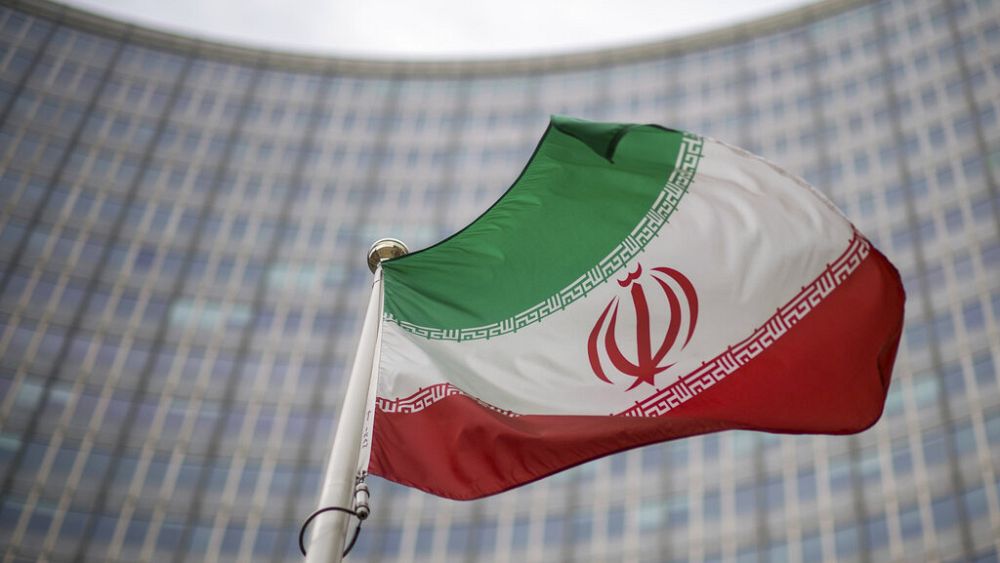European powers urge Iran to agree to ‘best possible’ nuclear deal

Western European powers have pressed Iran to sign a revived 2015 nuclear deal, warning that what’s on the table now is “the best possible” arrangement.
The European Union’s (EU) foreign police chief, who has chaired talks in Vienna, tweeted Wednesday that “now is decision time if we are to save the Iran Nuclear Deal.”
Negotiations have been at a standstill for months, with both sides blaming one another for the impasse.
French foreign minister Catherine Colonna said a return to full compliance with the agreement “is still possible but, for that, a positive response from Iran is needed as soon as possible.”
These remarks by European leaders reflect mounting concern that time is running out to salvage the deal, in part because of the approach of midterm elections in the United States (US).
Tehran and six world powers — the US, France, Germany, Britain, Russia and China — agreed to the landmark nuclear deal in 2015, which saw Iran drastically reduce its enrichment of uranium in exchange for lifting crippling economic sanctions.
In 2018, then-president Donald Trump unilaterally withdrew the US from the Joint Comprehensive Plan of Action (JCPOA), despite Iran largely abiding by the terms of the deal.
Following the JCPOA’s de facto collapse, Iran started to grow its stockpile of enriched uranium, while limiting the ability of international observers to monitor the country.
Talks in the Austrian capital aimed at reviving the deal and bringing the US back on board have been stalled since April, while discussions in Qatar last month also failed to make significant progress.
In an opinion piece for the Financial Times, EU foreign policy Josep Borrell said he had “concluded that the space for additional significant compromises has been exhausted.”
“I have now put on the table a text that addresses, in precise detail, the sanctions lifting as well as the nuclear steps needed to restore the JCPOA,” he wrote.
“This text represents the best possible deal that I, as a facilitator of the negotiations, see as feasible,” he wrote. “I see no other comprehensive or effective alternative within reach.”
Acknowledging that the Iran deal “remains politically polarising in Washington” and that it “may not have addressed all US concerns”, Borell said Tehran also has “serious reservations” about the negotiations.
But he argued that the deal carries very significant benefits.
“If the deal is rejected, we risk a dangerous nuclear crisis, set against the prospect of increased isolation for Iran and its people,” Borrell wrote.”It is our joint responsibility to conclude the deal.”
Ali Bagheri Kani, Iran’s lead nuclear negotiator, confirmed Borrell had put forth a new proposal, adding on Twitter, “We, too, have our own ideas, both in substance & form, to conclude the negotiations which would be shared.”
Borrell did not provide details about his proposal, but he suggested – as many Western officials have before – that time was running out to restore the deal.
